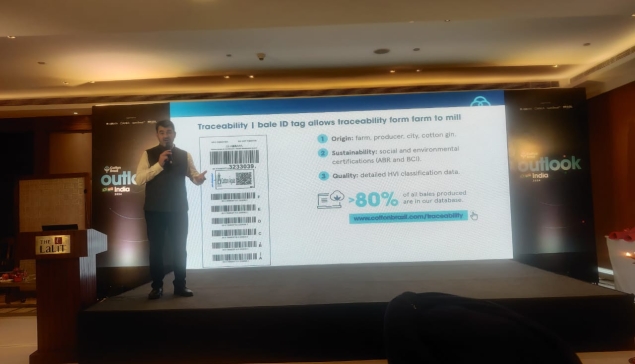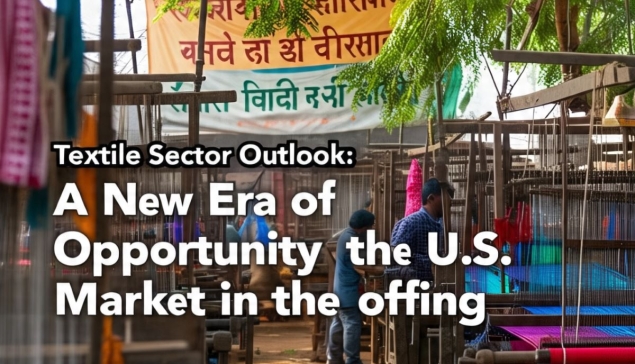This shift follows a period of diminishing returns - a year and a half of promotions failed to reignite stagnant consumer spending.
Consumers are showing signs of "discount fatigue." Recognizing this, retailers like Madura Fashion (think Louis Philippe and Van Heusen) began reducing discounts last year. Their new focus: streamlining inventory and ensuring healthy profit margins.
This trend isn't just happening in big cities. V-Mart, a department store chain targeting smaller towns, is also on board. They're investing in internal growth for sustainable success, moving away from fleeting discount-driven sales. This reflects a broader industry shift - retailers are exploring alternative ways to attract customers, focusing on value beyond just price.
The change isn't a surprise. Pre-pandemic (FY23), strong consumer demand fueled impressive sales growth (13-24% monthly). However, FY24 saw a significant slowdown (4-7% growth), and discounts proved ineffective.
To regain control and profitability, retailers are diversifying their tactics. Arvind Fashions, for example, is adopting a direct-to-consumer online model, giving them greater control over pricing and product offerings.
In essence, this shift signals a potential move towards a more sustainable retail landscape. A focus on profitability is replacing unsustainable discounting practices. This could lead to a healthier industry in the long run.




















